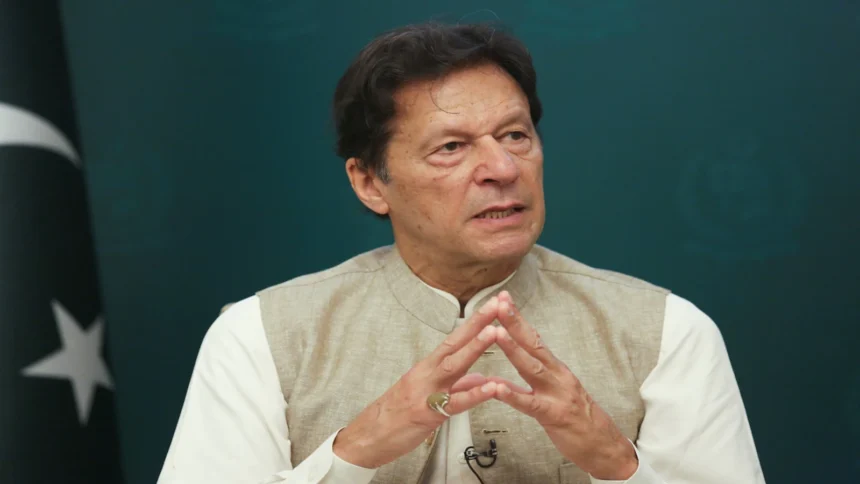In a recent development, a top Pakistani court has overturned the ruling of a sessions court and declared the Toshakhana corruption case against former Prime Minister Imran Khan inadmissible. This decision comes as a relief to Khan, who has been facing scrutiny and legal challenges.
The Toshakhana case pertains to allegations against Imran Khan, the Chairman of the Pakistan Tehreek-e-Insaf (PTI) party, regarding corruption related to Toshakhana, a state gift depository. On May 10, Khan was indicted in the case by Additional Sessions Judge Humayun Dilawar, who had dismissed objections about the admissibility of the case.
Following his indictment, Imran Khan approached the Islamabad High Court to challenge the decision. The high court had temporarily halted the criminal proceedings in the Toshakhana case until June 8. This move provided some respite for Khan and his legal team as they sought to contest the charges leveled against him.
However, in a recent development, the top Pakistani court overturned the sessions court ruling and declared the Toshakhana corruption case against Imran Khan inadmissible. The specific reasons behind this decision have not been disclosed yet, but it marks a significant turn of events in the legal battle faced by Khan.
Imran Khan, aged 70, has been a prominent figure in Pakistani politics and came to power as the Prime Minister in 2018. His government has focused on anti-corruption measures and promised to bring accountability to the forefront. However, Khan himself has faced accusations of corruption, with the Toshakhana case being one of the prominent legal battles he has encountered.
The Toshakhana case centers around allegations that Imran Khan misused the state gift depository by accepting expensive gifts from foreign dignitaries during his tenure as the Prime Minister. The case’s admissibility had been a subject of contention, with the sessions court initially rejecting objections raised by Khan’s legal team.
With the recent decision by the top Pakistani court deeming the Toshakhana corruption case against Imran Khan inadmissible, it remains to be seen how this will impact his political career and public perception. The ruling brings temporary relief for Khan, but the allegations and legal battles have the potential to leave a lasting impact on his reputation.
The decision also raises questions about the effectiveness of the legal system in dealing with corruption cases and ensuring accountability for public figures. Critics argue that the ruling may further erode public trust in the justice system and contribute to a perception of impunity for the powerful.
As the case continues to unfold, it is essential to maintain transparency and uphold the principles of justice. The Toshakhana corruption case against Imran Khan has garnered significant attention, highlighting the complexities and challenges involved in tackling corruption in Pakistan’s political landscape.




